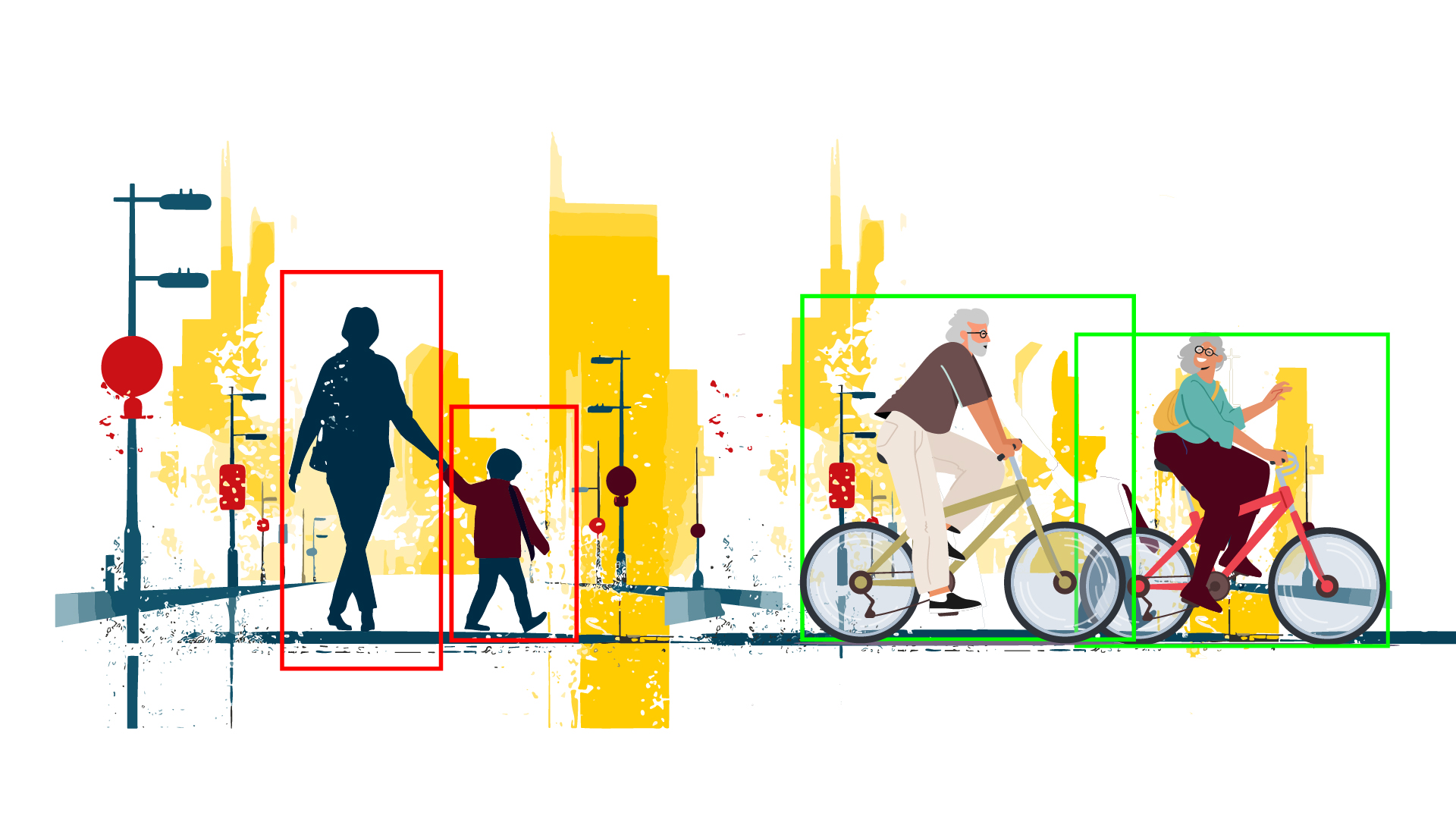KAUST Communications and Computing Systems Lab receives international awards

The Communications and Computing Systems Lab (CCSL) at KAUST, led by Professor Ahmed Eltawil, has received two awards in the International Telecommunication Union AI for Good Machine Learning Challenge, tinyML Hackathon Challenge 2023: Pedestrian Detection.
The tinyML Hackathon Challenge was organized and sponsored by Sony Semiconductor Solutions America (SSS-A) in collaboration with the tinyML Foundation and the City of San José, U.S. The hackathon attracted 29 teams from universities and companies across the world, including Germany, Lebanon, Nigeria, Saudi Arabia and the United States.
The digital event, which ran from May 19 to September 15, 2023, encouraged participants to develop a tiny machine learning-based solution that effectively and affordably detects pedestrians during both day and night. Thus, safety measures, such as an audio or optical signal, can be designed to alert the pedestrian of a potential accident. The challenge was driven by San José’s Vision Zero initiatives to reduce the alarming number of pedestrian fatalities in the city, particularly at nighttime.
KAUST's CCSL-"Thunderbolt" team—composed of Ayan Shymyrbay (Ph.D. student), Diego Augusto Silva (Ph.D. student) and Kamilya Smagulova (postdoctoral fellow), in collaboration with Ahmed Elsheikh, assistant professor of mathematics and engineering physics, Cairo University, Egypt, and Mohammad Fouda, research scientist at Rain, U.S.—demonstrated an end-to-end solution utilizing event-based cameras, culminating in highly accurate state-of-the-art pedestrian identification.
Their third-place-winning solution displayed outstanding pedestrian identification accuracy while consuming significantly less power and achieving lower latency than competitors, including several startups in the same industry.
In addition to securing third place in the competition, the KAUST team also received the award for the most innovative use of "Edge Impulse," a tool utilized for building datasets, training models and optimizing libraries for edge computing. The framework developed by Professor Ahmed Eltawil’s group used the PEDRO dataset. The dataset—designed by KAUST Professor Gianluca Setti’s team—helps train pedestrian detection algorithms, further solidifying the University’s position as an emerging force in global artificial intelligence research.
“I am very proud of the team. The effort invested in the competition speaks volumes of the team’s passion for their work,” Professor Eltawil said. “AI is a strong tool, and, as such, it is imperative for the research community to find the best ways to employ "AI for Good," which is a very fitting title for the ITU program sponsoring this competition.”

